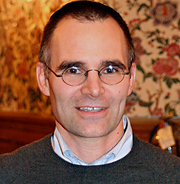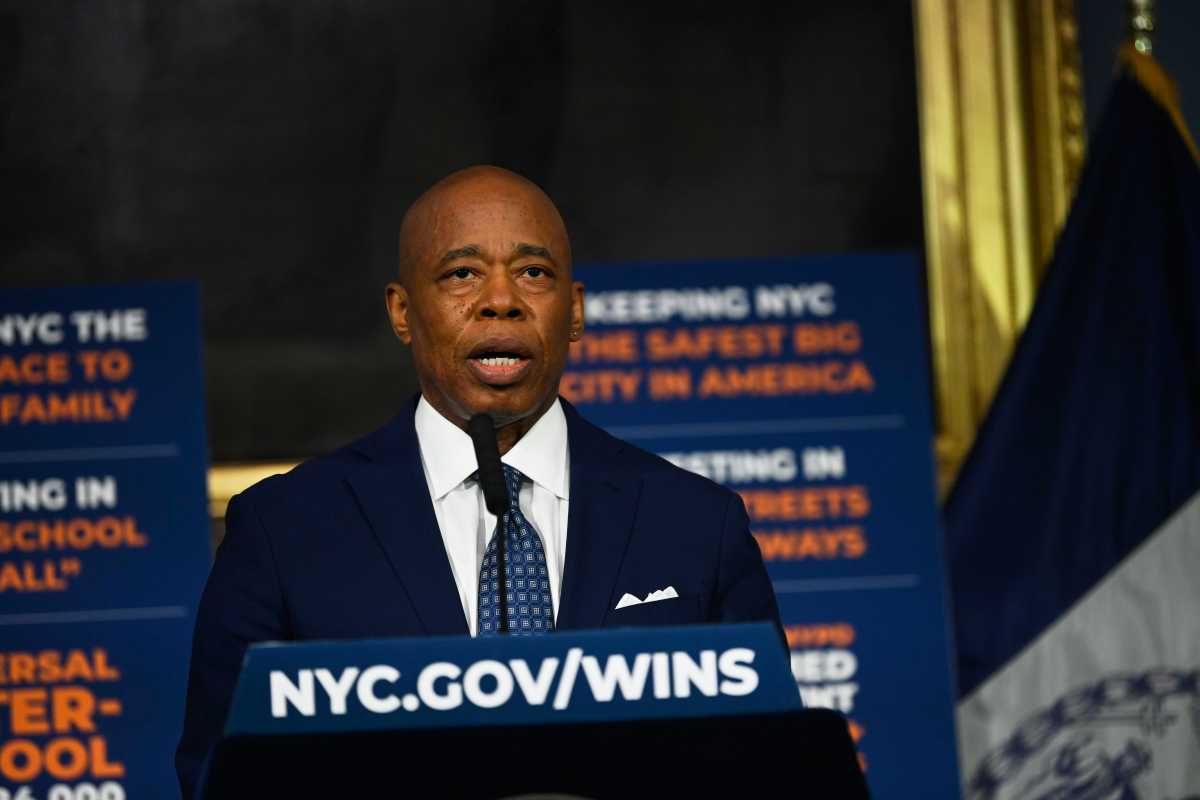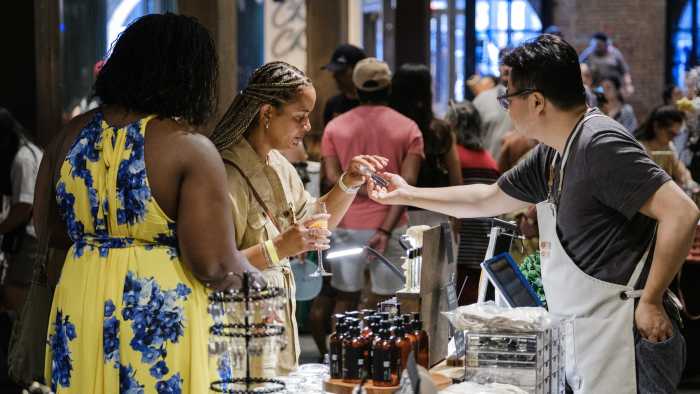Faith is one of the most studied and yet consistently ineffable ideas known to human kind. Maybe this is because it comes in so many varieties. It’s hard to pin down exactly what it is. There is faith in oneself; faith in one’s friends; faith in one’s spouse. We even have faith in abstractions, like nations. Faith in God, for many, borders on an abstraction, too, because one can’t really see God or reasonably prove God’s existence, and so we understand faith in the Divine to be, well, a matter of faith.
As a rabbi and community leader, especially in this season as Jews celebrate Passover, faith matters because it is the social glue which binds us to one another, to our narrative as a people, to the values we derive from our historical experience, and to our God. More than Rosh Hashanah and Yom Kippur, more than synagogue membership, Jews participate in the faith-based experience of sitting at Passover Seder tables this time of year in order to recite the story of our enslavement in ancient Egypt, our redemption through the parted waters of the Red Sea, our journey through the desert, where we received the moral law at Mt. Sinai, and on into the Land of Israel.
Herein lies a paradox: I’ve yet to lead a Seder where everyone around the table believed, with perfect faith, that the events described actually happened. But does it matter to our faith? I think not. For me, faith is less about what you think than it is about what you do. How one lives ones life based upon his or her understanding of the narratives one inherits — that is the true sign post of faith.
Do you feed the poor? Do you clothe the naked? Do you visit the sick? Do you defend the weak against the strong? Faith in action. As one early Sage of Classical Judaism described it: “Say little, do much.”
It’s popular to say that religion is the cause of all the trouble in the world. But I’ve yet to see someone truly do the calculus on how many lives are saved because of faith. How many hospitals are built and sustained? How many of the hungry are fed? How many of the homeless are sheltered?
I see faith as the animating force for goodness in the world. For me it’s faith in God; for others its faith in the values they uphold — with their God or no God at all.
In the wake of the Roman destruction of Jerusalem in 70 AD, two Sages were walking among the ruins of Temple. For many Jews, God’s “inability” to prevent this horrific destruction was a theological crisis. No Temple, no Sacrifice, no God. Faith was shaken to its core. Rabbi Yohanan ben Zakkai, a brilliant teacher, was not bowed. “Be not grieved, my son. There is another way of gaining atonement — through deeds of loving kindness.” And quoting the prophet Hosea, Rabbi Yohanan concluded, “Loving kindness I desire, not sacrifice.”
In other words, it’s not so much what you believe — it’s what you do.
Andy Bachman is rabbi of Congregation Beth Elohim in Park Slope.

























